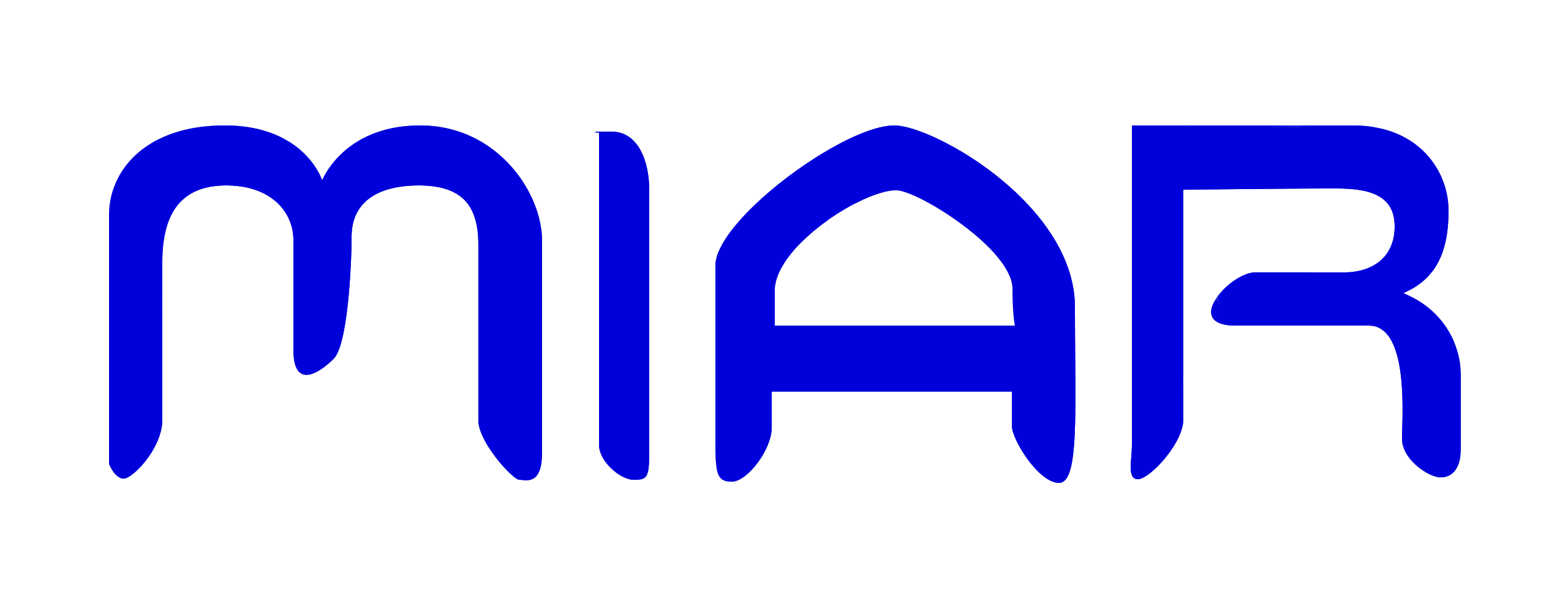The crisis of the production and circulation of academic knowledge in Educational Psychology
DOI:
https://doi.org/10.35588/v4g5de19Keywords:
Science, Scientific communication, Open Access, DecolonialAbstract
The industry of production and circulation of contemporary academic knowledge is part of a social system, economic and cultural capitalist who has reconfigured traditional socio-cultural practices linked to academic research under the excuse of improving both their quantity and their quality. In this paper, we reflect on this industry and, more importantly, on the effects it appears to have on the production and circulation of academic research, especially in the field of educational psychology. Subsequently, we also reflected on the emergence of certain decolonial stances that question capitalist discourse and offer alternatives for change. To conclude, we imagine some transformation coordinates based on decolonial discourses.
Downloads
References
Amin, S. (2014). Capitalism in the age of globalization: The management of contemporary society. Zed Books Ltd.
Castro Rodríguez, S. (2012). Ética y estética: Una relación ineludible. Revista Latinoamericana De Bioética, 12(22), 62-69. https://doi.org/10.18359/rlbi.974
De Rond, M., y Miller, A. N. (2005). Publish or perish: bane or boon of academic life? Journal of management inquiry, 14(4), 321-329.
García Dauder, D. y Guzmán Martínez, G. (2019). Locura y feminismo: viajes de sujeción y resistencia. Átopos. Salud Mental, Comunidad Y Cultura, (20), 57-82. Recuperado de http://www.atopos.es/images/atopos20/atopos20_5.pdf
García Dauder, D. y Ruiz Trejo, M. (2019). Epistemologías del fuera de campo. Repensando la investigación. Presentation, Montevideo, Uruguay.
Hall, R. (2018). The alienated academic: The struggle for autonomy inside the university. Springer.
Hoffman, S. G. (2012). Academic capitalism. Contexts, 11(4), 12-13. https://doi.org/10.1177/1536504212466325
Jensen, M., y Guimarães, D. S. (2018). Expanding dialogical analysis across (sub-)cultural backgrounds. Culture & Psychology, 24(4), 403–417. https://doi.org/10.1177/1354067X18754340
López López, W. (2019). Ecosistema de conocimiento en América Latina: el acceso abierto, métricas, paradojas y contradicciones. Universitas Psychologica, 18(4), 1-3. https://doi.org/10.11144/Javeriana.upsy18-4.ecalç
López López, W. (2019a). El sistema colombiano de medición de revistas Publindex, las paradojas de un sistema que devalúa el conocimiento producido localmente. Boletin Aseuc, Unilibros de Colombia. http://aseuc.org.co/unilibros/uflip/Unilibros-de-Colombia-26-2019/page_14.html
López López, W. (2019b). ¿Qué es un editor de una revista científica en América Latina? Universitas Psychologica, 18(3), 1-4. https://doi.org/10.11144/Javeriana.upsy18-3.qerc
Luhmann, N. (1982). The World Society as a Social System. International Journal of General Systems. 8:3. 131-138. 10.1080/03081078208547442.
Roth, W. y Jornet, A. (2016). Perezhivanie in the Light of the Later Vygotsky’s Spinozist Turn. Mind, Culture, and Activity, http://dx.doi.org/10.1080/10749039.2016.1186197
Silva L. (2020). No hay caminos reales para obtener conocimientos científicos. Revista Juventud Técnica. https://medium.com/juventud-técnica/no-haycaminos-reales-para-obtenerconocimientos-científicos-2ff3521cc1e6
Silva L. (2018). Crisis en la calidad de la ciencia médica: el papel del arbitraje en el nuevo desorden editorial. Revista IRIS - Informação, Memória e Tecnologia. 4(1):8-21.
Silva L. (2016). Las editoriales depredadoras: una plaga académica. Revista Cubana de Información en Ciencias de la Salud. 27(3).
Van Dalen, H. P., y Henkens, K. (2012). Intended and unintended consequences of a publish‐or‐perish culture: A worldwide survey. Journal of the American Society for Information Science and Technology, 63(7), 1282-1293.
Downloads
Submitted
2022-01-14Published
Issue
Section
License
Copyright (c) 2022 Alicia Álvarez de León

This work is licensed under a Creative Commons Attribution 4.0 International License.









